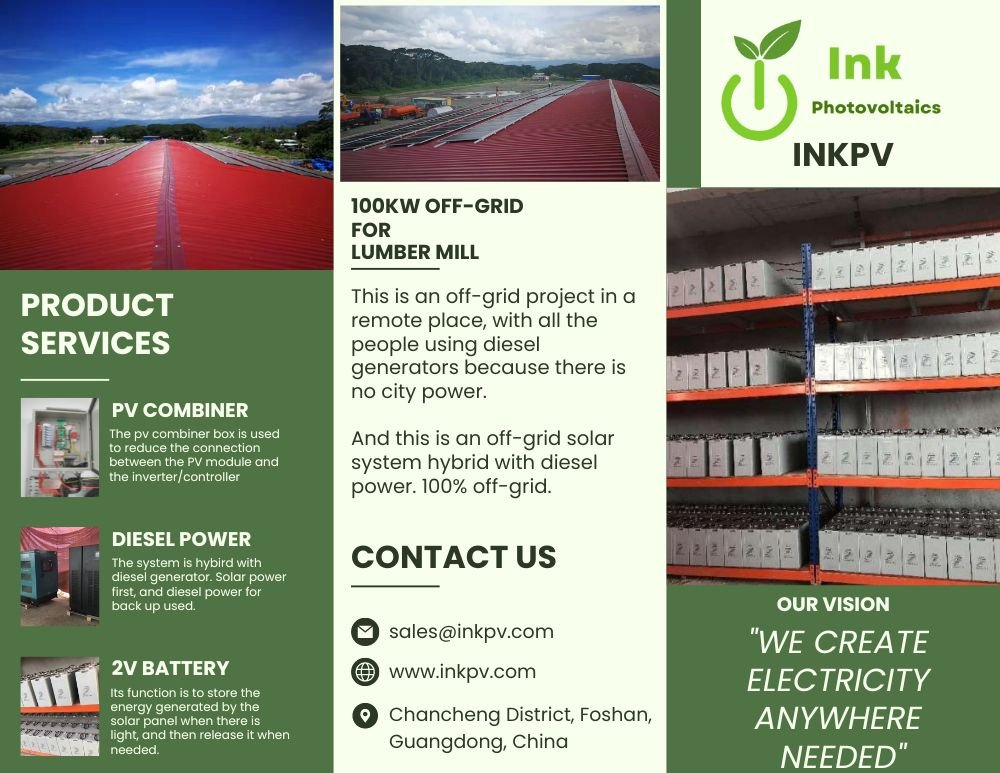KEY BATTERY TERMS & CONCEPTS
Here are some key terms you'll need to understand when picking your batteries:
Capacity:
The amount of energy a battery can store and supply to your appliances. This is afunction of voltage, amp hours and rate of discharge (which will all be explained in thissection).
Battery bank
A group of batteries, wired together to work with an inverter or chargecontroller at a certain voltage (for example 12, 24 or 48 volts) and capacity (e.g. 400 amphours.)
Voltage:
Batteries are rated by voltage. Lead acid batteries are typically either 12 volts, 6volts or 2 volts, and multiple batteries are wired together in series to achieve the rightvoltage. Generally speaking, smaller systems can use 12 volt batteries, while larger systemswill use 6 volt or 2 volt batteries with higher amp hour capacity.
Most Lithium batteries for off-grid solar come in either 12 volt, 24 volt or 48 voltconfigurations.
Amp hours
Batteries are rated in amphours(Ah), which is a measurement of Hhow much current they output over time. This is used to compare the capacity of lead-acid batteries, which have more or less capacity depending on how fast youdischarge.(Lithium batteries aren't affected the same way.They generallyonly have one amp hour rating.)
For example, this chart shows that a battery that discharges for 20 hours (a day's worth of usage) has a capacity of 428 Ah.
Watt hours or kilowatt hours (kWh):
Kilowatt hours measures power used over time. Your utility company charges you based on how many kWh of electricity you use each month.
This can be used to quantify total storage capacity for a given bank, based on voltage and amp hours, using the formula: Voltage x Ah = capacity (in Watt-hours).
For example, 12V x 100 Ah = 1,200 Wh, A 12-volt battery that runs for 100 amp-hour sproduces 1,200 watt-hours (1.2 kilowatt-hours) of energy.
Cycle
Every time a battery is discharged and then recharged, that's one cycle. The bestway to estimate the true life of a battery isn't based on time (for example, a 3-year warranty) but by estimated cycle life-the number oftimes a battery can charge and discharge overthe course of its lifespan.
Most lead-acid batteries have a chart in the spec sheet that shows how many cycles they can handle.
Depth of Discharge (DOD):
The amountof energy pulled out of a battery during each charge/discharge cycle.
For example, running a battery at 75% depth of discharge means you will use 75% of its capacity before recharging.
Depth of discharge plays a crucial part in determining the life of your batteries. Lead-acid batteries will last longer with a shallow discharge depth, and wear out more quickly the deeper they are discharged.
Efficiency:
Batteries are not 100% efficient. Some power is lost in the charge and discharge process.
Lead-acid batteries are 80-85% efficient,while Lithium batteries are about 95-98% efficient.
For example, if your solar panels produce l,000 watt hours of power,lead-acid batteries would be able to store about 800 watt hours due to inefficiencies in the charge and discharge process. With a Lithium battery, you'd have 950 watt hours available in the same circumstances.
The hardest part about shopping for batteries is understanding how to size the battery bank properly for your system.
The size of a battery bank is based on how much power you'll use on a daily basis, measured in kilowatt hours per day. If you're not sure how much power you'll be using, our off-grid sizing calculator will help get you on the right track:
If you're using 10kWh per day, you need a battery bank capable of storing that much power after accounting for battery efficiency, discharge depth and a few other things.
If you don't have enough battery capacity,you'll run out of power and end up using a lot of generator fuel. On the other hand, buyingtoo much battery capacity can be a waste of money and you might need to add more solar or a bigger generator to be able to fully recharge your oversized battery bank.

We Create Electricity Anywhere Needed
Well, more sustainable every day.
InkPV focus on inspiring change with affordable, recyclable, and energy-effective product design.
Reach out to the solar specialists at InkPV for a free estimate on top-quality solar panels and maximizing your energy output.
Write to us
Since 2007 solar manufacturer, serving more than 160 Countries,
German Technology, Global Certification, direct factory price.


















